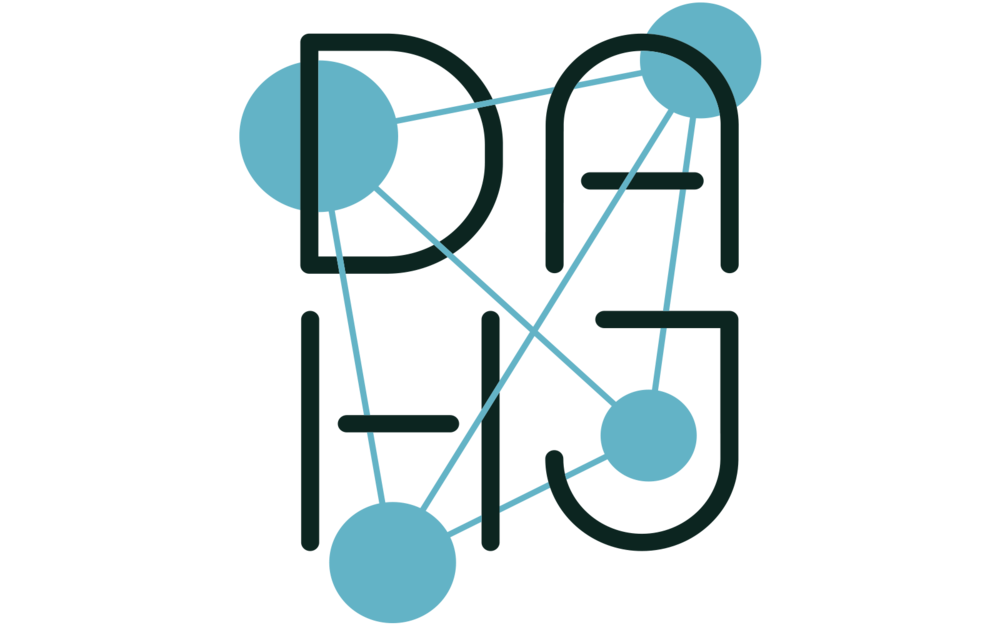Where
ECC Performance Art Online, Tuesdays 6:00 - 8:00pm CET
When
October 5-26, 2021
Application Deadline
October 3, 2021
About
This course is devoted to one of the most pertinent cultural trends of the present: immersion and its technologies. It addresses central questions such as: What does the turn to the immersive mean for us? Why is it happening? Who benefits ? How is it changing the way we create, share, and preserve art and culture? How does it transform the field of performance art?
The histories of art, photography, and film offer useful comparisons for what is being experienced in the present with the rapid development and assimilation of digital applications. Reality, after the surrealist twenties, could never again be seen as simple or continuous, describable empirically or through induction. As once science fictions now become scientific realities, and as the virtual inches closer to becoming indistinguishable from the actual, how do we understand the changing dynamics between new technology and human understanding? Experiential technologies or XR technologies, which include virtual reality (VR), augmented reality (AR), and 360 photo and video capture, propose knowledge production through an immersive encounter. At the same time, they put central aspects of performative practice such as notions of liveness and corporeality up for renegotiation.
The field of Digital Humanities highlights the ongoing tension of pairing computational methods which are often more quantitative and positivist with arts and humanities practices that shepherd a more qualitative reflection or approach. This class brings together a set of theoretical and practical resources that illuminate the friction of that combination in powerful ways. Students will not only learn about historical and current techniques of immersion but will be expected to think critically and reflect on the work of artists producing XR related work.
Francesca Albrezzi
Albrezzi is an art historian, curator, and digital humanist. She completed her PhD in the Department of World Arts and Cultures/Dance at the University of California - Los Angeles (UCLA), She also holds a Digital Humanities Graduate Certificate through UCLA's Digital Humanities Program. Her research interrogates modes of publishing, display, and information capture in museums and archives that illustrate a break from “traditional” models, and argues that digital modalities provide a distinctly different paradigm for epistemologies of art and culture that produce greater contextualized understandings. Specifically, she is interested in spectrums of immersive experience within GLAM organizations as offered by technologies such as virtual reality, augmented reality, and 360 photo and video capture.
For over a decade, she has worked with museums including the Smithsonian’s National Museum of American History (Washington, D.C.), the Institut national d'histoire de l'art (Paris, France), the Los Angeles County Museum of Art, and the Getty Research Institute (Los Angeles, California). Francesca has garnered significant experience in developing and teaching digital tools for art historical practice and humanistic research, such as The Getty Scholars’ Workspace™ for conducting collaborative arts research and preservation. She currently works as a Digital Research Consultant and UCLA’s Institute for Digital Research and Education.
Syllabus
https://ecc-performanceart.eu/newtechnologiesforperformanceart/syllabus
For more information
https://ecc-performanceart.eu/newtechnologiesforperformanceart

